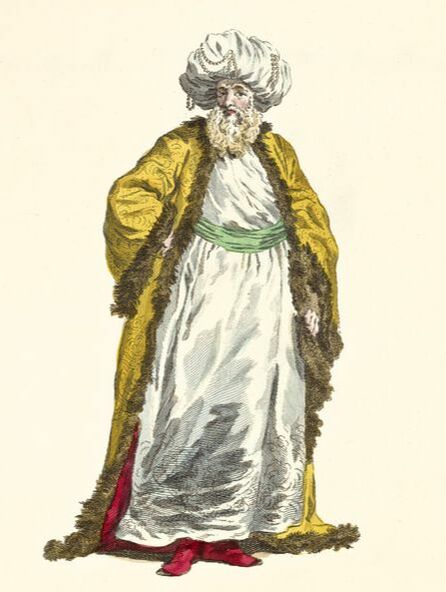Joy of Job
|
|
0 Comments
Traditional interpreters of Job characterize Job as righteous before he repented, largely overlooking all but the first two chapters of the Old Testament book that bears his name. Here are 15 reasons to challenge their assumptions:
For elaboration on these and other arguments against Job's claims of righteousness, readThe Joy of Job, An Investigator’s Perspective on the Most Righteous Man on Earth. Learn why Job matters. Buy the award-winning book here. |
Why Job MattersMany today talk about belief in an unconditionally loving God without recognizing the true state of the human soul. Sin and its author, Satan, are barely acknowledged.
Like many of today’s Christians, Job had faith—but not repentance. He performed religious acts, while taking advantage of his fellow man. He confidently believed he was superior in God's sight. To break through this delusion of religious pride, God turned Job over to Satan, a painful process that allowed this ancient man of antiquity to finally comprehend the utter holiness of God. Job had to recognize who he was—a sinful, fallible, and misled creature—before he could enter the immense joy of relationship with his Creator. At a time when some preach that only belief in a loving God—without repentance and complete obedience to a holy God—is sufficient, the true message of Job resonates today. ArchivesCategories |




 RSS Feed
RSS Feed
